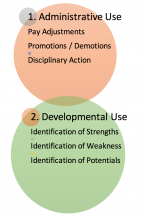Whatever led you to your business idea, your chances of success will increase many times over if you make optimum use of every minute in your day; if you have genuine belief in your idea and a passion for your business plan. If you find yourself constantly distracted from the task at hand, ask yourself what you are focusing on instead. What is your true goal?
Human Resource
Human Resource Management
Human resources are the people who make up the workforce of an organization, business sector, or economy. "Human capital" is sometimes used synonymously with "human resources", although human capital typically refers to a more narrow view. A human-resources department (HR department) of an organization performs human resource management, overseeing various aspects of employment, such as compliance with labour law and employment standards, administration of employee benefits, and some aspects of recruitment and dismissal. HR Sets a stage for an open environment in an Organisation. It is bridge between employees and senior management.



